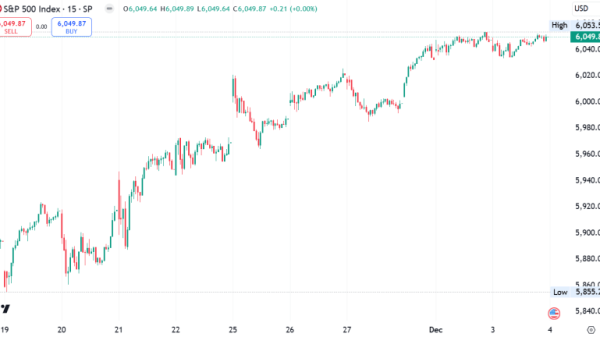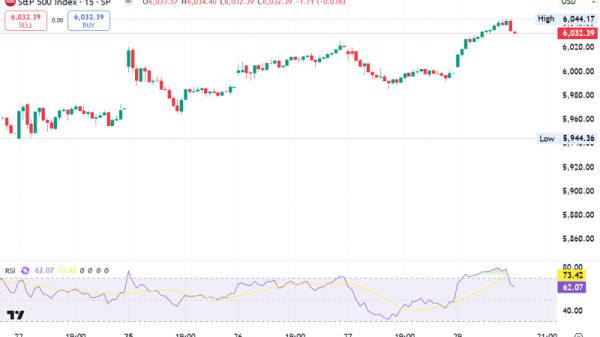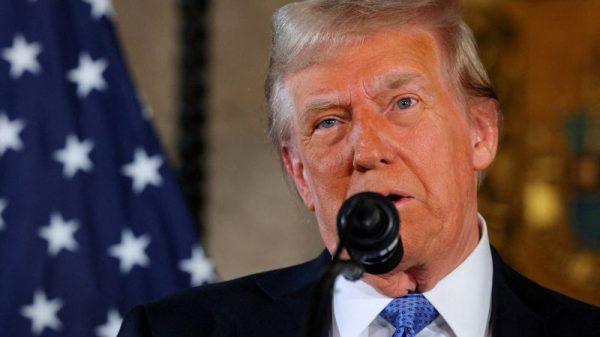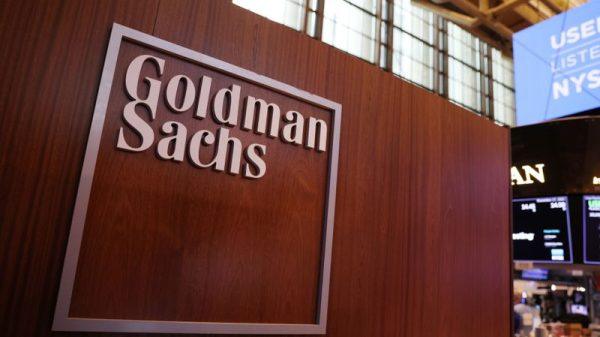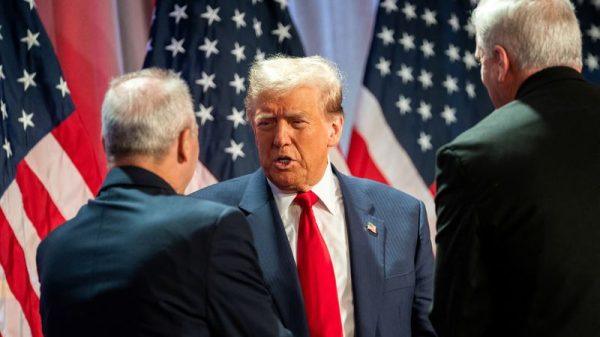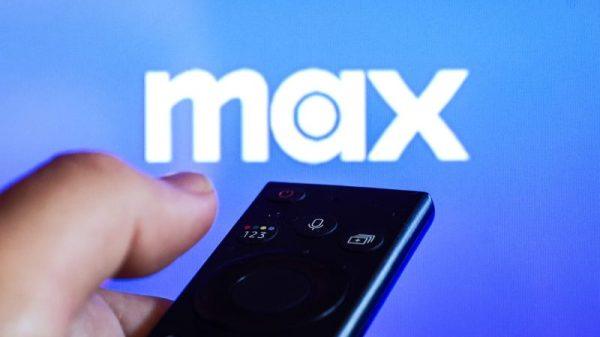Investing.com — A second Trump administration is likely to see little change in the U.S. fiscal deficit, despite campaign promises of tax cuts and spending programs, according to UBS strategists.
“An already high deficit will force compromise on tax cuts and spending pledges, and we think corporate tax cuts are unlikely in the absence of much higher tariff income,” the team led by Jason Draho said in a note.
The U.S. government deficit currently exceeds 7.5% of GDP, while the debt-to-GDP ratio has climbed past 120%.
UBS notes that while a debt crisis is not imminent due to the reserve currency status of the U.S. dollar and deep capital markets, “the U.S. government does not have an unlimited borrowing capacity.”
To stabilize the debt-to-GDP ratio, strategists believe measures such as entitlement reform, financial repression, or higher taxes will likely be required.
A Republican-controlled Congress, despite holding the Senate, House, and Presidency, is expected to face hurdles. Thin congressional majorities and fiscal hawks within the party may challenge expansive fiscal policies.
UBS highlighted that “high deficits” are now a significant constraint. For example, the additional cost of Trump’s proposed tax and spending policies is estimated at $7 trillion over 10 years, potentially rising to $15 trillion in a more aggressive scenario.
“With today’s much higher budget deficits and narrow majorities, we think Congress is likely to be reticent to approve measures which would widen the deficit further,” strategists note. “In fact, some members of the administration have spoken about lowering the deficit-to-GDP ratio to 3%.”
Interest rates are another challenge, as higher rates have pushed government debt service costs beyond defense spending levels. UBS expects a modest decline in borrowing costs but notes risks from inflationary pressures, tariff policies, and changes in the Federal Reserve’s Treasury holdings.
The bank sees Republicans likely pursuing fiscal policies through reconciliation, a process allowing budget changes with a simple Senate majority. This could include border security initiatives and attempts to extend provisions from the 2017 tax package.
However, extending personal income tax cuts for a full decade would cost $4 trillion, a burden UBS believes might be mitigated by limiting the extension to shorter terms. As UBS explains, limiting the time horizon could reduce the cost to $1.3 trillion for a five-year extension.
“Shortening the time horizon on personal tax cuts could also help Republican leaders stay below an agreed-upon cumulative deficit target and help fund other policy pledges, like corporate tax cuts, lifting the State and Local Tax (SALT) deduction, and retaining the higher estate-tax exemption,” strategists explain.
Efforts to offset fiscal measures are also constrained. Tariff revenue, while politically attractive, is unlikely to fill the gap. UBS notes that even imposing a 10% universal tariff would generate only $2 trillion over 10 years, and such a move would likely dampen both domestic and global economic activity.
Similarly, spending cuts or efficiency gains would offer limited relief, with UBS describing such measures as akin to “looking for coins in the couch cushions.”
As President-elect Trump begins his second term, UBS highlights growing concerns over America’s fiscal health. With government debt exceeding 120% of GDP and interest costs consuming 13% of revenues—the highest among developed nations—the continuation of rising deficits is deemed unsustainable.
UBS believes that while immediate risks of a debt crisis are low, unchecked fiscal imbalances will constrain the government’s ability to respond to future economic shocks. Achieving long-term debt sustainability will likely require a mix of higher growth, lower rates, and structural reforms, including financial repression, entitlement changes, and tax increases.

